The History of the Book Institute
The Book Institute opened its doors in 2004, but its real beginning was a few years earlier.
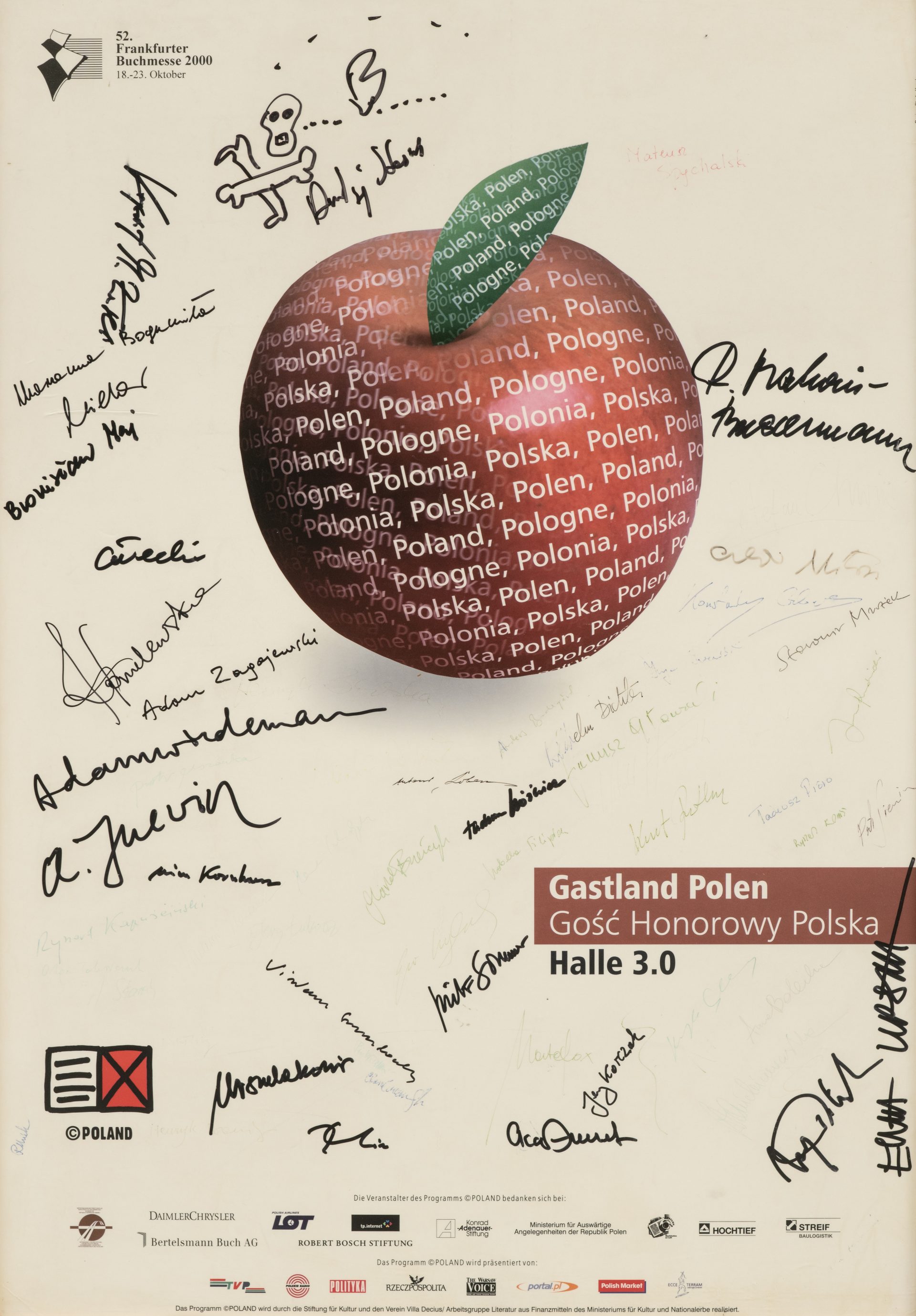
The Book Institute opened its doors in 2004, but its real beginning was a few years earlier.

In the year 2000, Poland was guest of honour at the International Book Fair in Frankfurt. Such events do not play as major a role now as they did back then: today contacts between publishers, literary agents, institutions and other creative people on the publishing scene are mainly long-distance, and go on all year round, but for many decades, book fairs were the platform for meetings between literatures of various nations.
The Frankfurt event, considered the world’s largest, was a special occasion. German translations were a pass for Polish literature to reach the international publishing market (following the premise that if a book is published in German its chances of being noticed by publishers in other languages grows substantially); it was actually its first chance to encounter a wider audience.




In the late 1990s, professional promotion of domestic culture in Poland was in its infancy. To prepare for the appearance in Frankfurt, the Polska2000 Literary Team was created in Krakow, led by Albrecht Lempp – a German Slavist, translator and Polish literature expert, who also had organisational experience as an employee of the German Institute for Polish Affairs in Darmstadt.
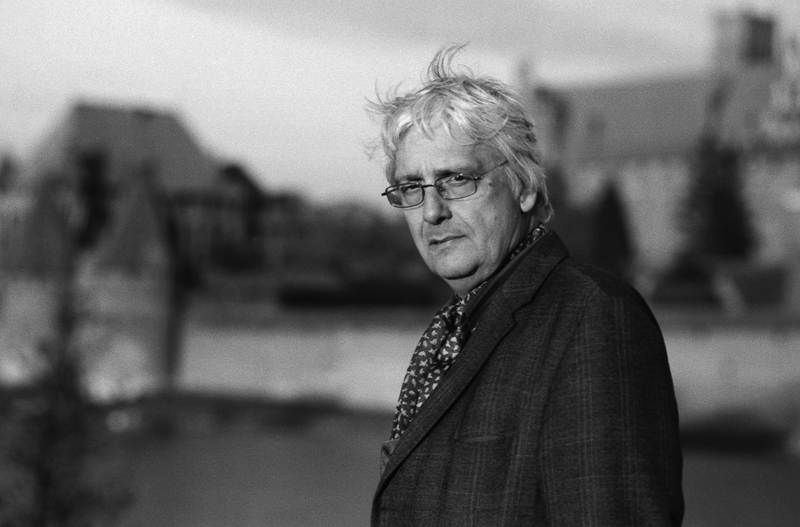
Lempp gathered a team to prepare the Polish appearance in Frankfurt, and in fact, laid the foundations for the professional promotion of Polish literature abroad. The idea behind this work boiled down to ensuring foreign publishers reliable materials on potentially interesting titles, financial support through the ©Poland Translation Programme, and, when books were published, help in organising promotional endeavours.

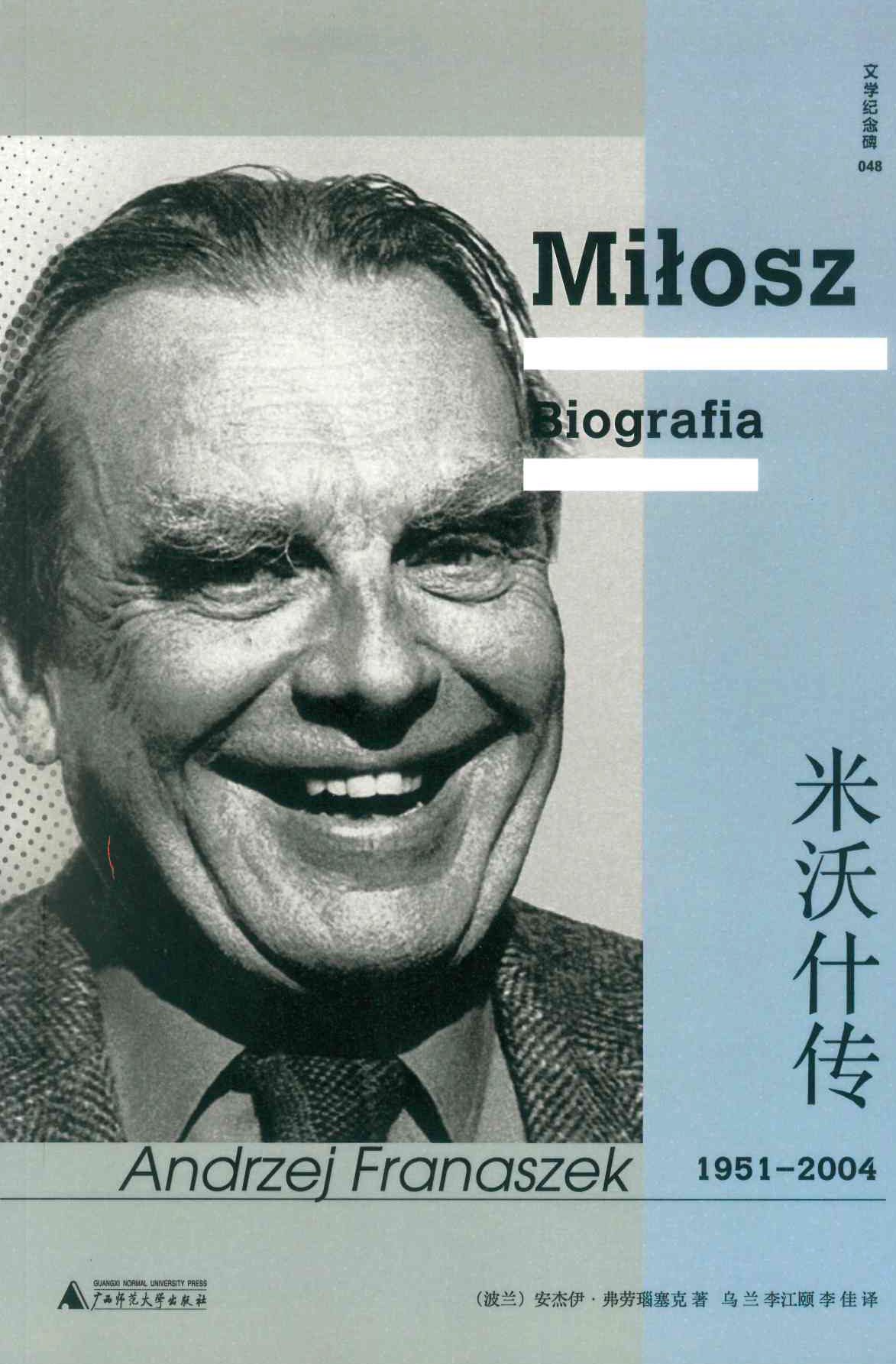
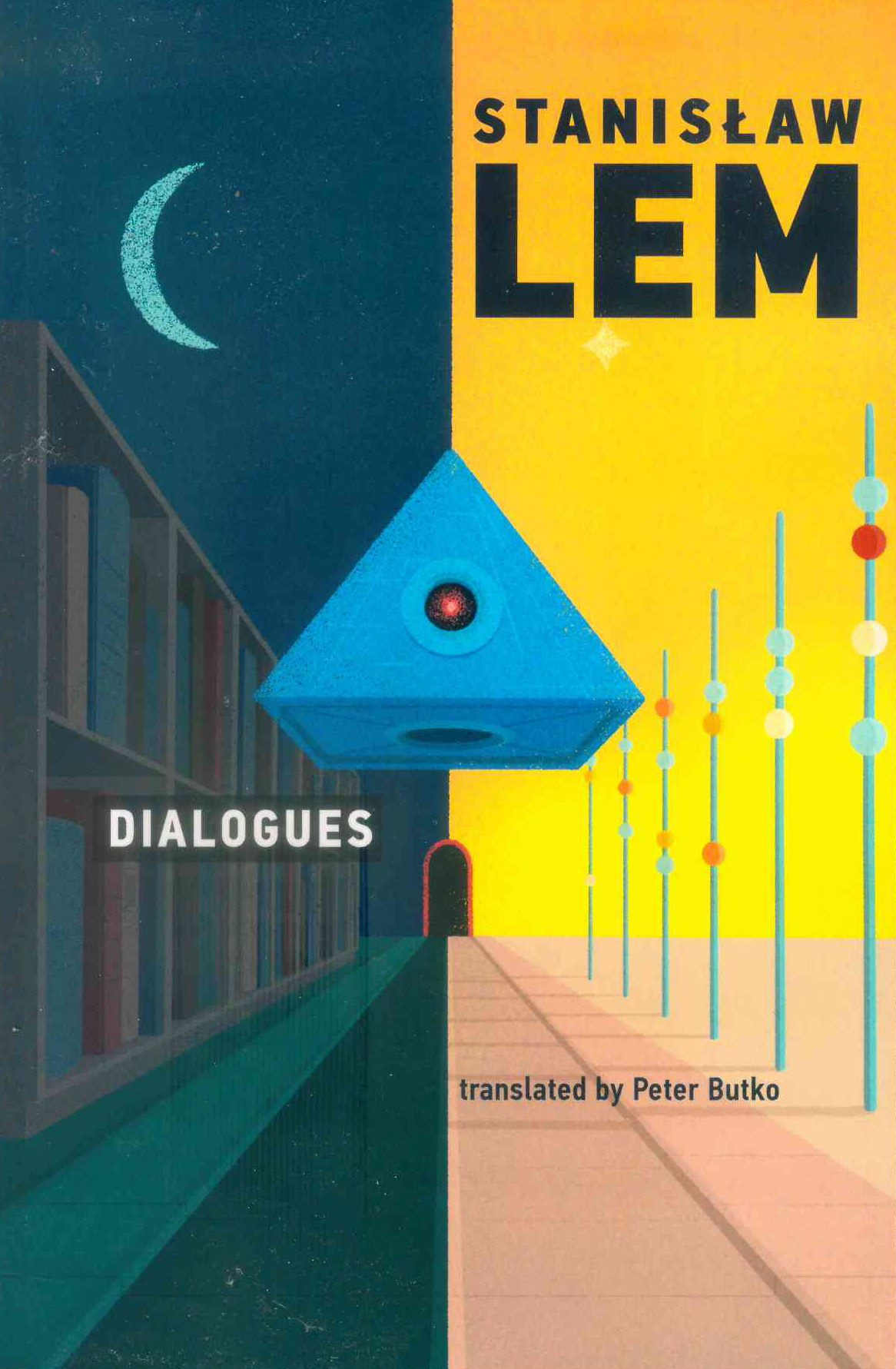
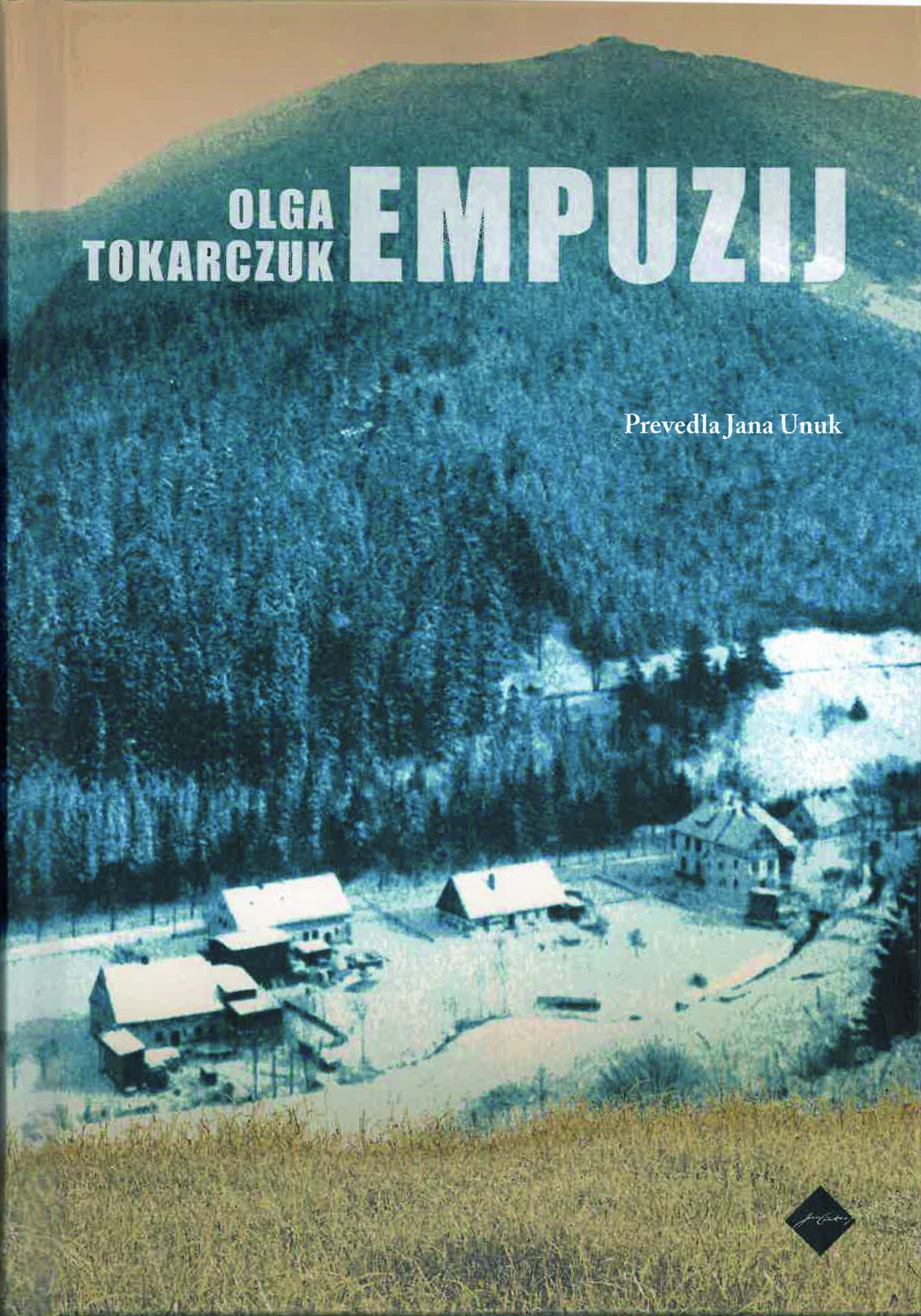
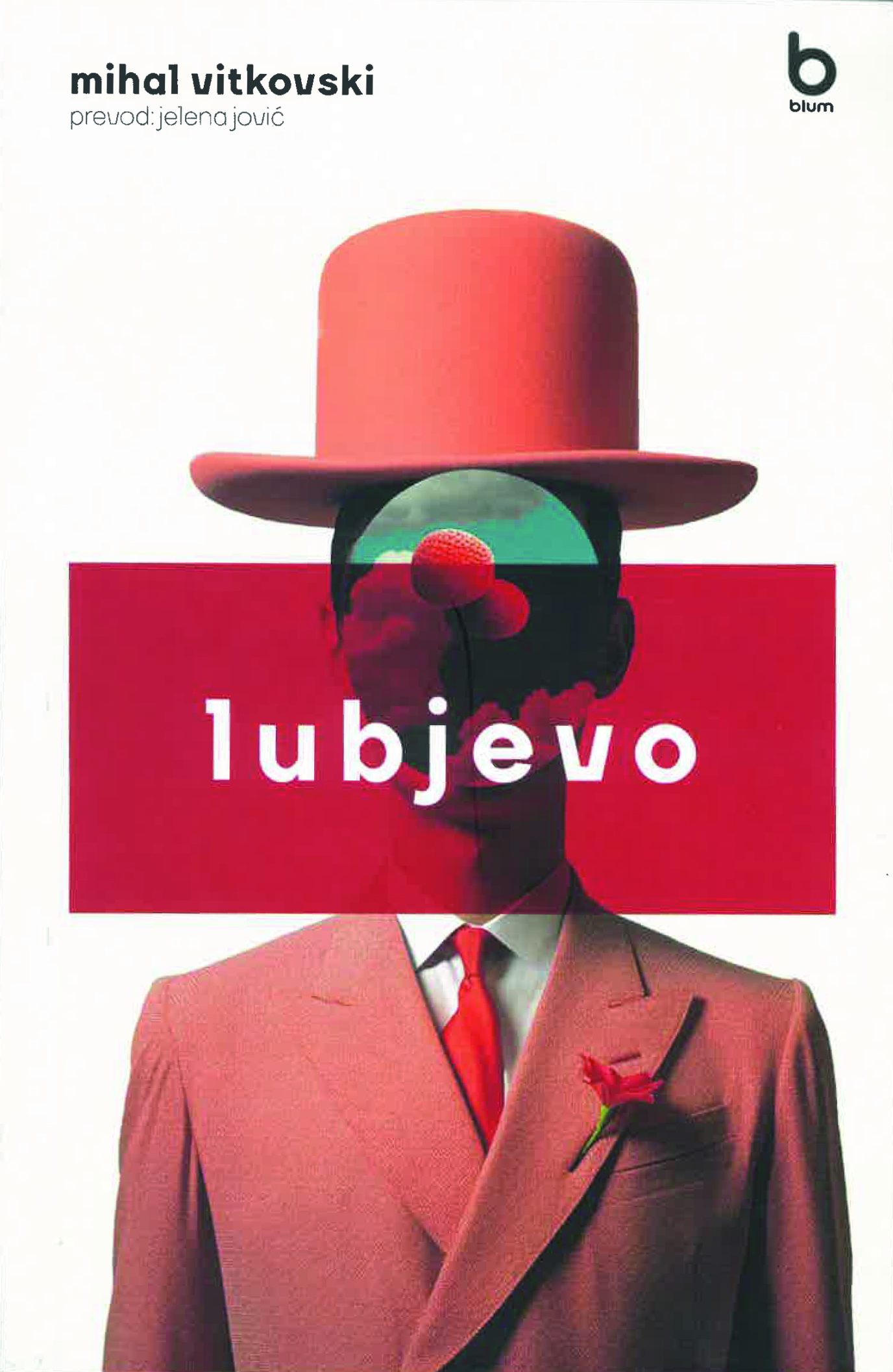







The Polish appearance in Frankfurt was a major success; it bore fruit in dozens of published titles, but also it began systematic work to promote Polish authors. The team was maintained – though its situation was uncertain and changing in terms of the budget and institution – and it received new tasks.
Lempp’s group got involved, among other things, in organising the Europalia Festival in Belgium (2001; entirely devoted to Polish culture), the Polish Year in Spain (2002), Polish Year in Sweden (2003) and preparing the honorary appearance at the International Children’s Book Fair in Bologna (2003). This was right before Poland’s accession to the European Union and the government saw cultural policy as necessary to create a positive image for the country. With the new language spheres, new members appeared in the team.
The Literary Team’s headquarters was the Łaski House, in the courtyard of Krakow’s Villa Decjusz. Just before the creation of the Book Institute proper, its address was chosen: Szczepańska Street 1, near the Main Market Square, and later the Institute was moved to a villa on Wróblewski Street. In its first years of operations, the Book institute also opened a Warsaw office in the Palace of Culture and Science, and in 2019, it became the owner of the old flat of Tadeusz Konwicki, which serves as a place for creative residencies.
When the Book Institute was brought to life, its range of duties was dual with respect to the Literary Team’s activities: apart from promoting Polish literature abroad, the Book Institute was meant to address readership in Poland. The first aspect of its operations was successively developed through the following years, introducing new components. For a Polish book to reach a foreign reader, it must go a long way, and various people are involved in the process: publishers, translators, agents and the writers themselves; the foreign publisher must find out about the title, receive the materials they need, sometimes a translation sample; often translators actively seek publishers for ‘their’ authors. A published book later needs promoting on the spot, in the media, but also, for instance, through the author’s participation in literary festivals.
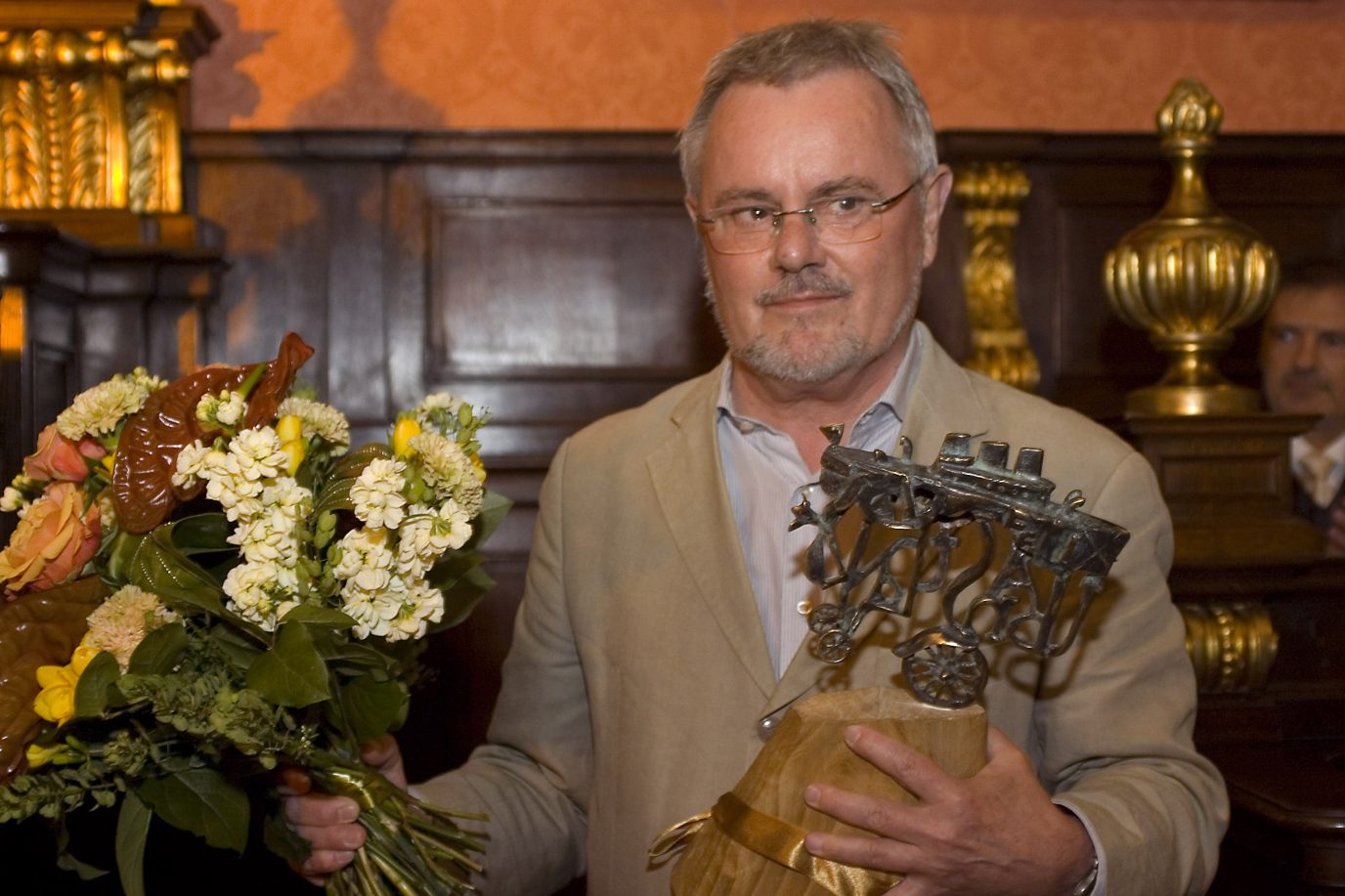
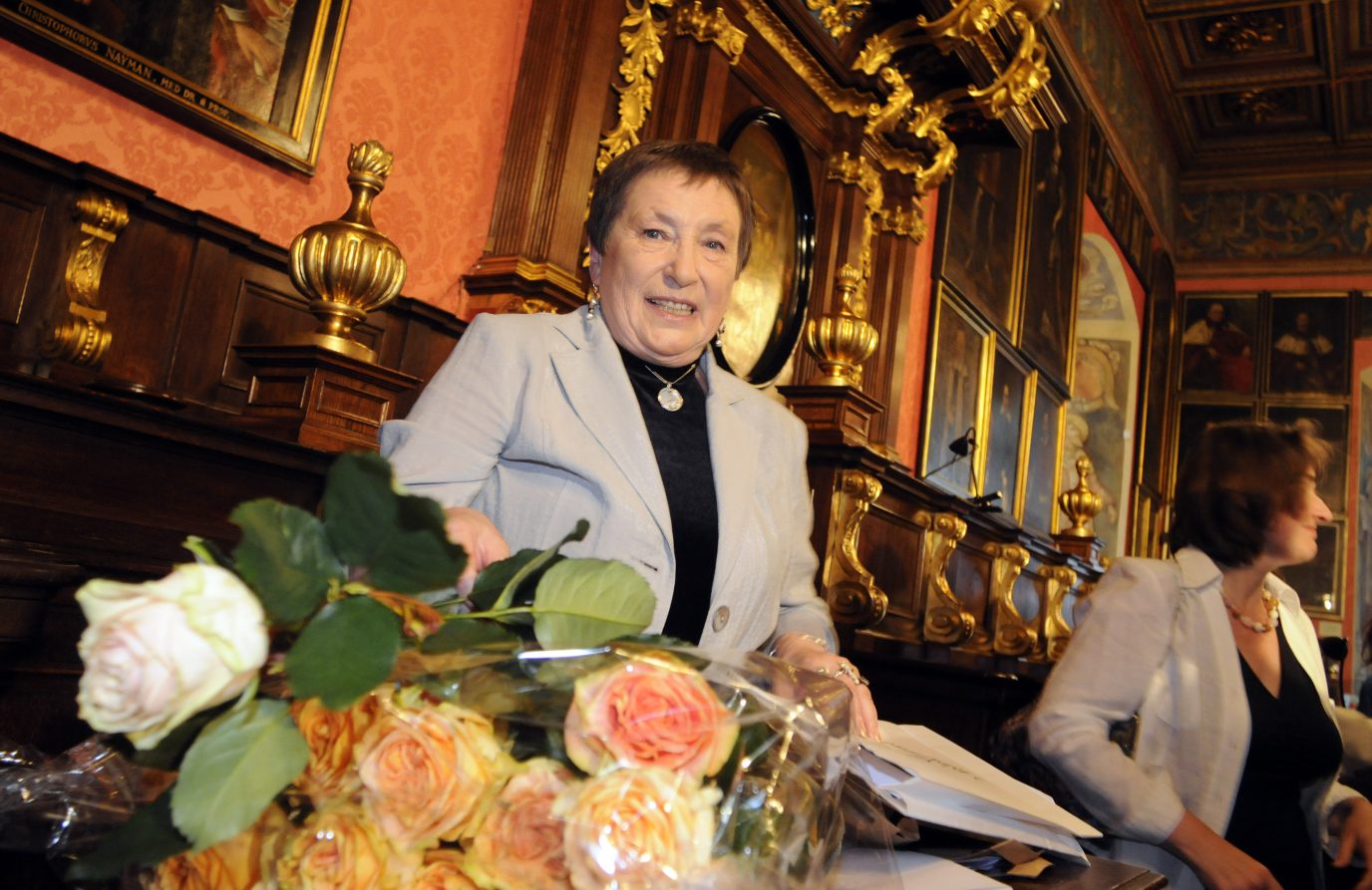
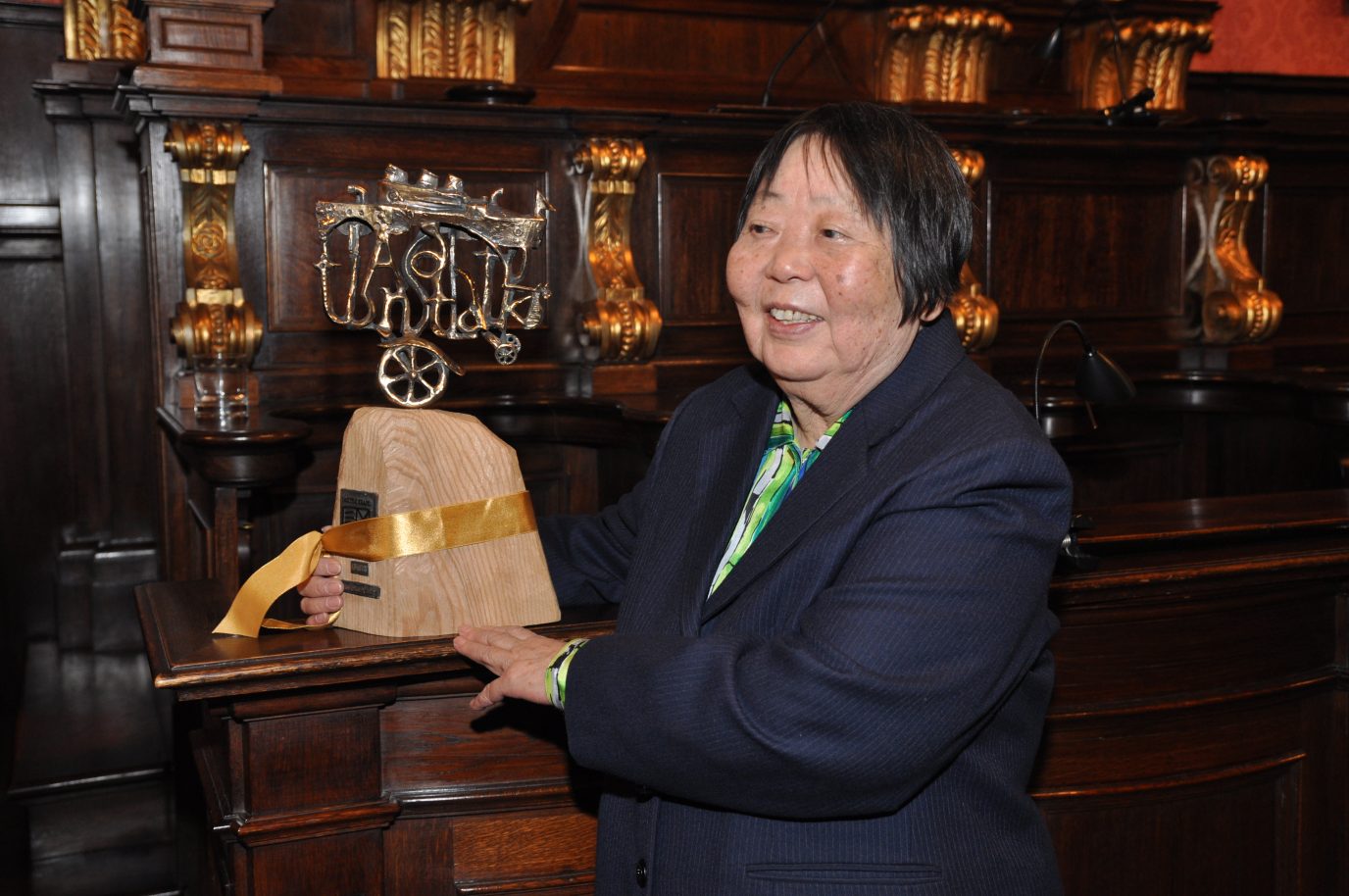
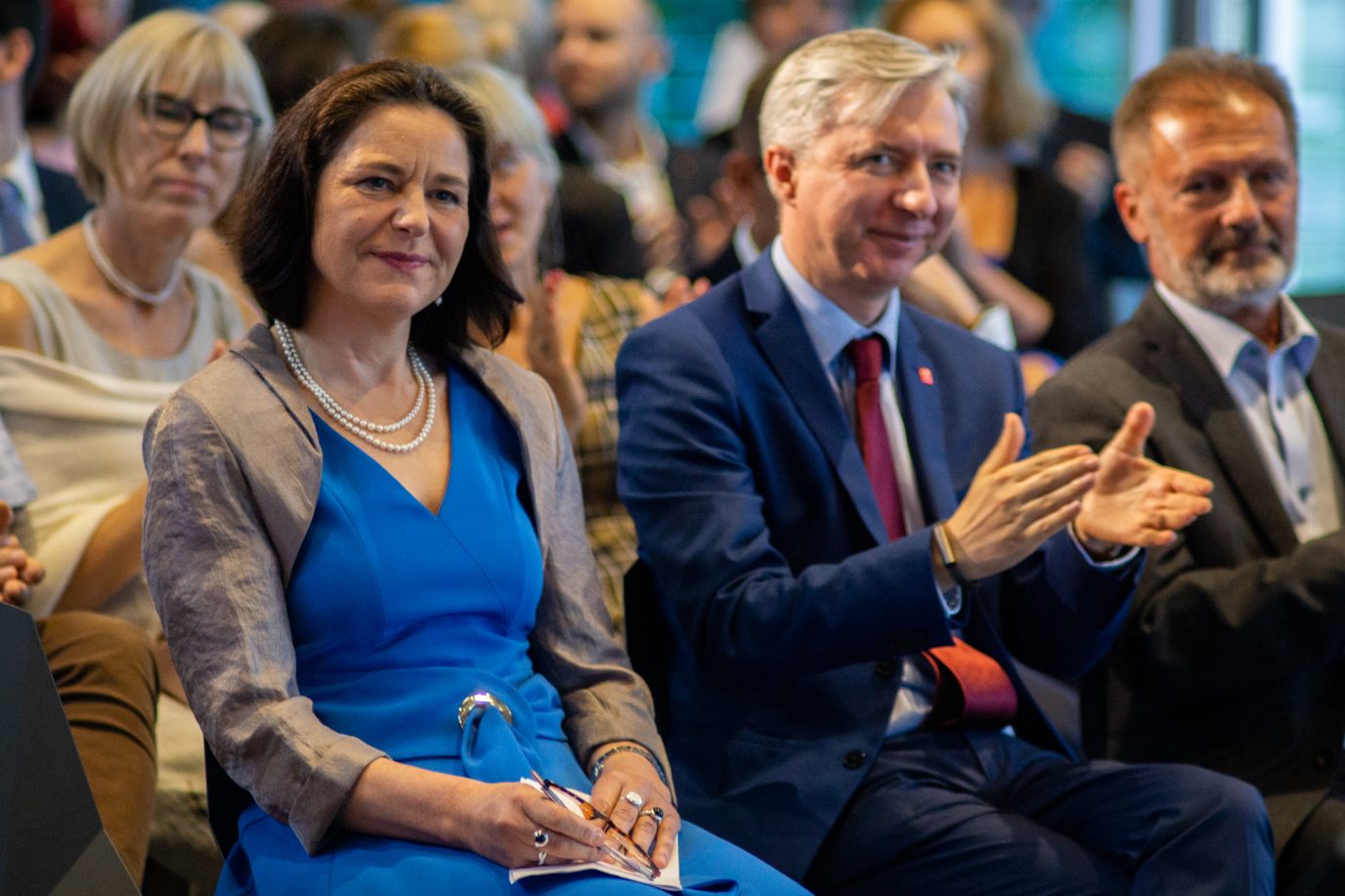




The aim of the Book Institute’s foreign programmes is to provide complex support at all the stages of this process. In this field, the institute’s work is a direct extension of the Literary Team. In the years that followed, the Book Institute appeared regularly at the most important book fairs around the world – at most of the major ones in Europe, as well as the USA, Argentina, Mexico, Brazil, India, China, the United Arab Emirates and Taiwan – often as guest of honour. It initiated new programmes for translators, including stays at the Translator’s College, seminars for foreign publishers, and awards, above all the Transatlantyk, honouring the most tireless ambassadors of Polish literature.
The aim of the national programmes, in turn, is to work in support of readership in Poland: this general statement covers a very wide array of activities and has gone through vital changes in the institution’s twenty-year history. In the Book Institute’s first years, it organised literary events (e.g. the Four Seasons of the Book Festival). Soon a key role was played by programmes working with libraries, including the Book Discussion Club, or to modernise and rebuild them. Programmes to support readership were also developed, above all for children, including the flagship ‘Little Book – Great Person’ reading campaign. The Institute also adopted a range of activities to improve the situation of Poland’s bookshops.

In 2005, it became the administrator of ministry grant programmes, and five years later, the publisher of periodicals patronised by the Minister of Culture.
Twenty years after the Book Institute was called into being, in 2024, it began a new chapter of operations through merging the old Book Institute and the Institute of Literature.